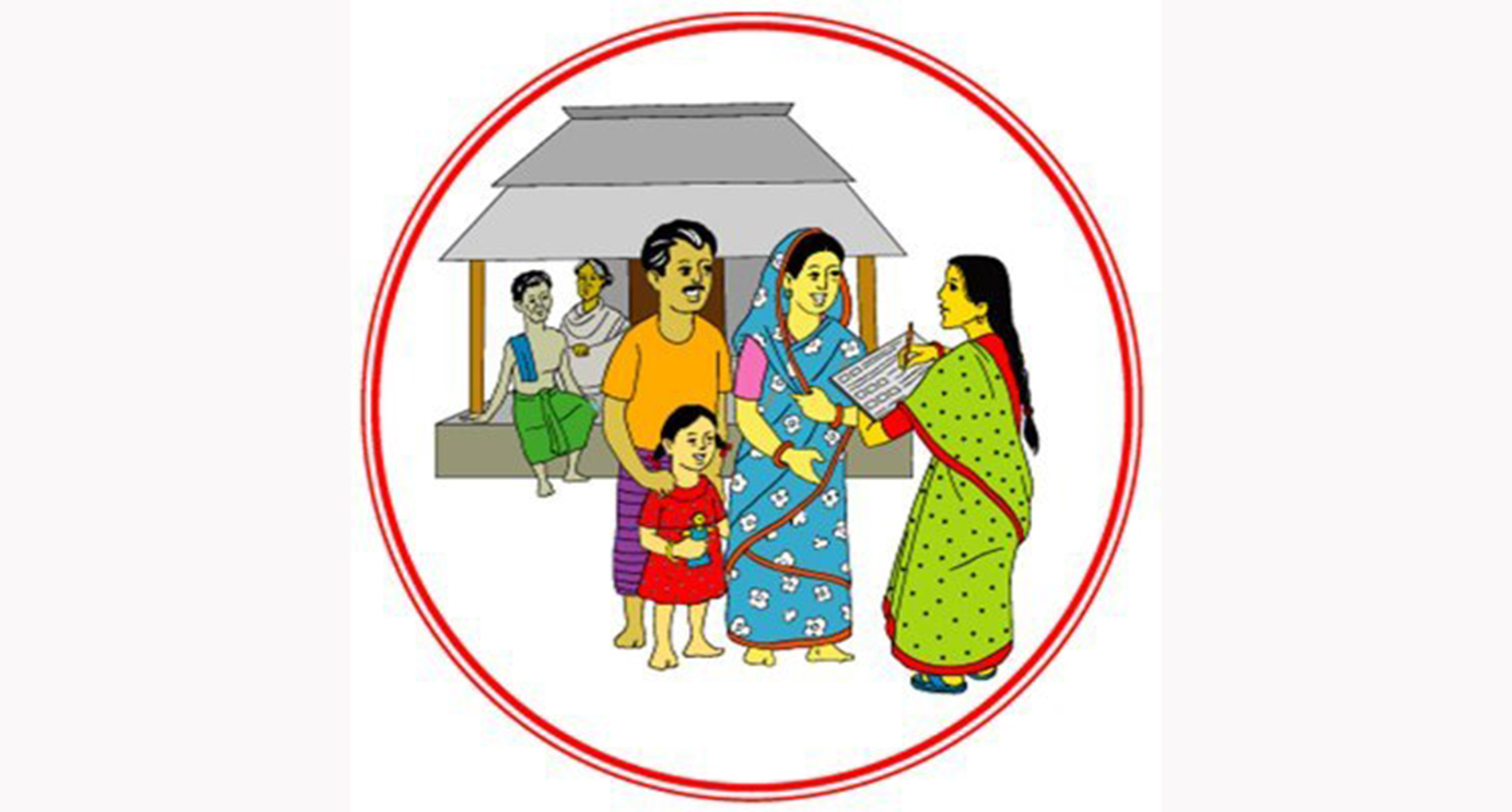
DHAKA, July 27, 2022 (BSS) - Bangladesh's total population is now 165,158,616; of which, 81,712,824 are male, while 83,347,206 are
female and the population of third gender is 12,629.
A total of 113,063,587 of them live in rural areas and 52,009,072 live
in urban areas.
The Bangladesh Bureau of Statistics (BBS) today revealed this at the
first digital "Population and Housing Census 2022" preliminary report
publication function at the Bangabandhu International Conference
Center (BICC) in the capital.
For the first time in the country, the work of population census started digitally on June 15.
According to the report, Bangladesh's population has increased by
21,114,919 in the last 11 years.
The country's population was 144,043,697 in 2011, according to the
previous census in 2011.
Jatiya Sangsad Speaker Dr Shirin Sharmin Chaudhury attended the
function as the chief guest while Planning Minister MA Mannan presided
over it.
State Minister for Public Administration Farhad Hossain, State
Minister for Planning Dr Shamsul Alam and Prime Minister's Principal
Secretary Dr Ahmad Kaikaus attended the function as special guests.
Statistics and Informatics Division Secretary Dr Shahnaz Arefin
delivered the welcome speech while Project Director of the Population
and Housing Census Project Md Dilder Hossain presented the preliminary
report of the "Population and Housing Census 2022'.
In her speech, Dr Shirin Sharmin Chaudhury said the world is changing rapidly and in this present world, information is very important.
"Today, information is changing very swiftly. Information of the census will be helpful in making proper plans," she added.
She said as the female population in the country is higher than the
male population, it is essential to ensure the participation of the
female population in the mainstream of development of the country.
MA Mannan said the census which is first in kind was operated
digitally by using ultra-modern apparatus led by Prime Minister Sheikh Hasina.
The population and household census will help us to prepare the
roadmap of the development and prospective plans in the coming time, he
added.
Farhad Hossain said the government is moving forward by taking a big
plan and the report will help the government to achieve the plan.
"Information is essential to move forward. Through the census, the
government will get many important information," he added.
Mentioning this census as an issue of utmost importance for the
nation, Dr Shamsul Alam said this is a historic moment for the nation
as the data and information of the census is very much necessary for undertaking proper planning.
The country's first Population and Housing Census was held in 1974
followed by the 2nd census in 1981, the 3rd one in 1991, the 4th
census in 2001 while the 5th one in 2011.
As per the latest census report, the growth of population in
Bangladesh has declined.
The rate was 2.84 percent in 1981, 2.01 percent in 1991, 1.58 percent
in 2001, 1.86 percent in 2011 and 1.22 percent in 2022.
Among the eight divisions of the country, Dhaka has the highest
population growth rate at 1.74 percent and Barisal the lowest at 0.79
percent.
On 15 June, the 6th census and house enumeration activities started
simultaneously across the country. Prime Minister Sheikh Hasina
launched the week-long census at a ceremony at her official residence
Gonobhaban in the capital.
The census was scheduled to end on 21 June, but due to floods in the
northeastern districts, the census continued till 28 June.
The BBS conducted the census after more than 11 years.
Under the census operations, demographic and socio-economic data like
number of households and their nature, ownership of homes, main source
of drinking water, toilet facilities, power facilities, main source of
fire for cooking, economic operations, inward remittance, age of
household members, gender, marital status, religion, obstacles,
education, work, training, mobile phone and internet usage,
bank/mobile banking accounts, small ethnic groups, nationality and
various district-wise information have been collected.